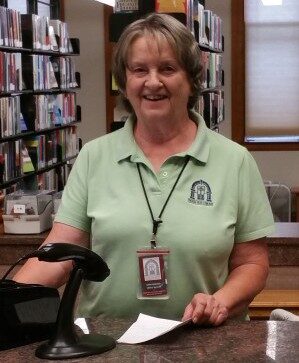So you're stuck in the security line at the Manchester airport, wondering if you can possibly make your flight, hoping that bottle of mouthwash in your carry-on is less than 3 ounces, dreading letting go of your iPhone for even a moment; chances are you are not thinking about the miracle in which you are about to participate. Your 120 pounds (being nice here) make up a fraction of the approximately 75 TONS about to lift up into the air with no visible means of support . . . way up into the air . . . and stay there for hours. And you will magically appear in another city far, far away from where you now stand. What crazy mind would conceive of such a mad idea?
You know the answer of course . . . Wilbur and Orville. But do you know how many times they crashed before they were successful at Kitty Hawk? Did you know they had a sister, Katharine, without whose support they may not have succeeded? Did you know they sewed their flyer together themselves out of "bride-of-the-west" muslin, Wilbur stitching while Orville marked the fabric?
Their story fares well in the hands of historian and master story-teller, David McCullough. The author has sifted through massive amounts of detail, including personal letters, diaries, and contemporary publications, to bring us not two stuffy historical figures with old-fashioned names, but two eccentric young men full of passion and dedication. With no college education, no money, and no technical training, they pitched a tent in the sand at Kitty Hawk where they judged the winds most favorable and the ground most forgiving. They began by teaching themselves the mechanics of bird flight – local residents observed them standing on the beach watching birds for hours, imitating their wing movements with their own arms.
Public opinion was against them. . . "they seemed like decent young men but there they were day after day wasting time on that ridiculous flying machine" (editor of the Dayton Journal). In 1903 when they finally made their first successful flights, no one really noticed or cared. It wasn't until the governments of Great Britain, France and Germany took an interest that the American press, and the government, started paying attention. By 1908 they were giving large public demonstrations; once when a rumor spread that they would be flying near the Potomac River, the government shut down and thousands of people poured out of office buildings to line the river banks to watch. The brother became sensations on both sides of the Atlantic.
This book may be an education in the early history of manned flight, but what McCullough does best is bring us into the daily lives of two extraordinary young men . . .their fears and doubts, their great enthusiasm, their strong family ties, their reticence in the face of world-wide adulation. By the way, if you prefer to listen rather than read, the author does an exceptional job of narrating the story. . . it's like pulling your chair up to the knees of an adored grandfather to listen to him spin a great yarn.
So the next time you find yourself in the TSA line, take a step back and give a little thanks to those remarkable brothers without whose courage and perseverance, you'd be taking a very long car trip.

